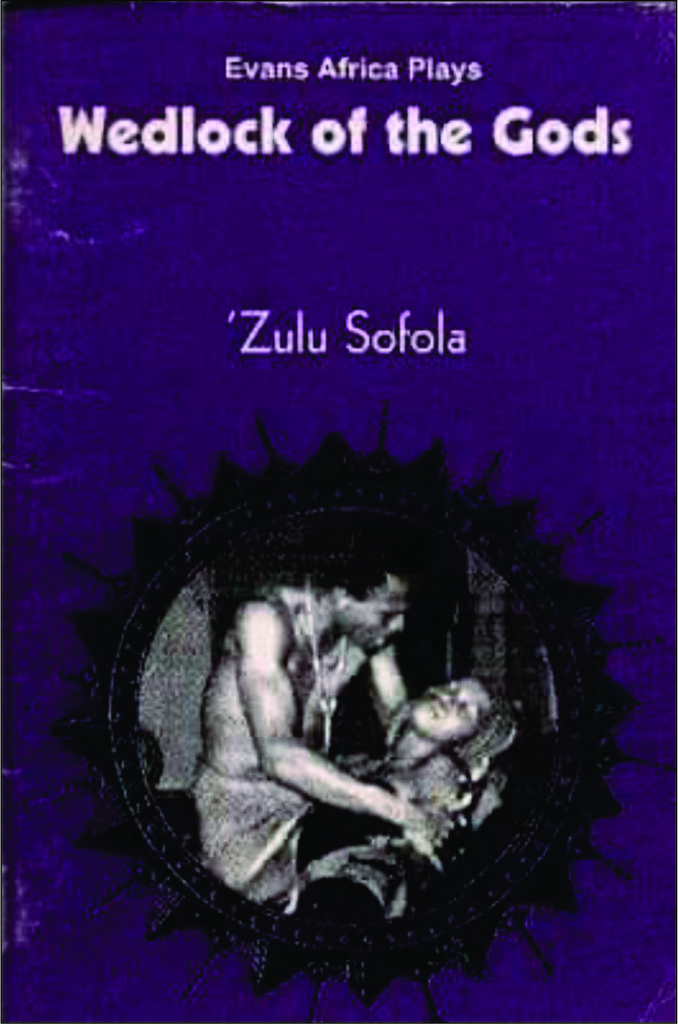
“Wedlock of the Gods” by Zulu Sofola is a compelling Nigerian play that delves deep into the cultural and societal intricacies of traditional African communities. Written by one of Nigeria’s most prolific female playwrights, the play is an exploration of love, duty, and the tragic consequences of defying societal norms.
Set in a traditional Nigerian village, the story centers around Ogwoma, a young widow who wishes to marry her true love, Uloko, against the customs that dictate she must marry her deceased husband’s brother. Sofola masterfully portrays the tension between individual desires and societal obligations, highlighting the struggles faced by women in a patriarchal society.
One of the strengths of the play is its rich depiction of African culture and traditions. Sofola’s background as a scholar of African drama is evident in her authentic representation of ritual practices and community dynamics. The use of indigenous language and proverbs enriches the narrative, providing a deep sense of place and authenticity.
The characters are well-developed, each representing different facets of the conflict between tradition and change. Ogwoma is portrayed with a blend of vulnerability and strength, making her plight deeply moving. Uloko’s passion and defiance contrast sharply with the rigid adherence to customs embodied by other characters like Adigun, Ogwoma’s brother-in-law.
Sofola’s use of dramatic tension keeps the audience engaged, building to a climax that is both inevitable and heart-wrenching. The themes of love, sacrifice, and the clash between modernity and tradition are universally resonant, making the play relevant to audiences beyond its African setting.
However, some readers may find the play’s resolution bleak and its commentary on societal change somewhat pessimistic. The tragic ending underscores the harsh realities faced by those who challenge entrenched systems, but it also raises questions about the possibility of progress within such frameworks.
In conclusion, “Wedlock of the Gods” is a powerful and evocative work that offers a poignant look at the complexities of love and duty within the context of traditional African society. Zulu Sofola’s insightful writing and deep cultural knowledge make this play a significant contribution to African literature and a must-read for those interested in understanding the interplay between tradition and change. Just my own view oh .

Reviewed by Tolulope Damilola Odebunmi. Actor at Nollywood Movies
